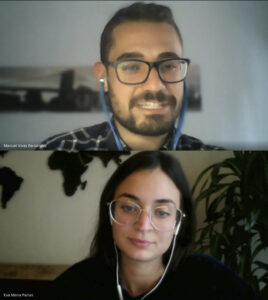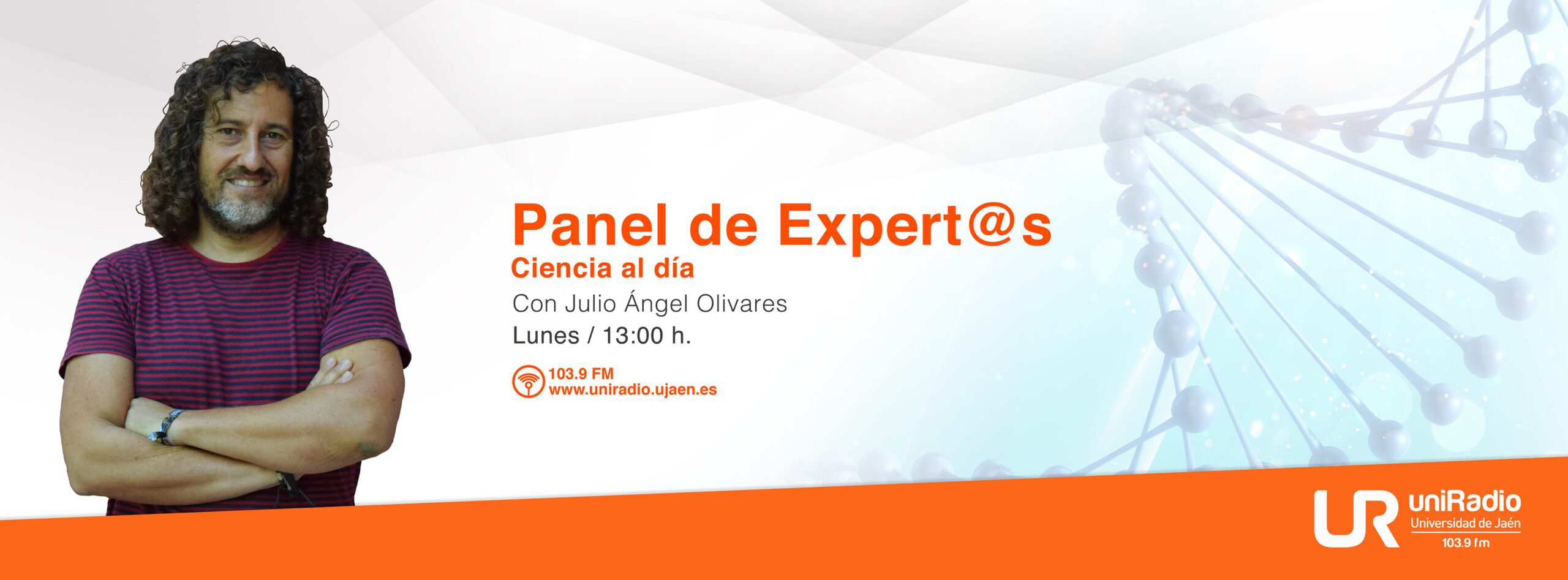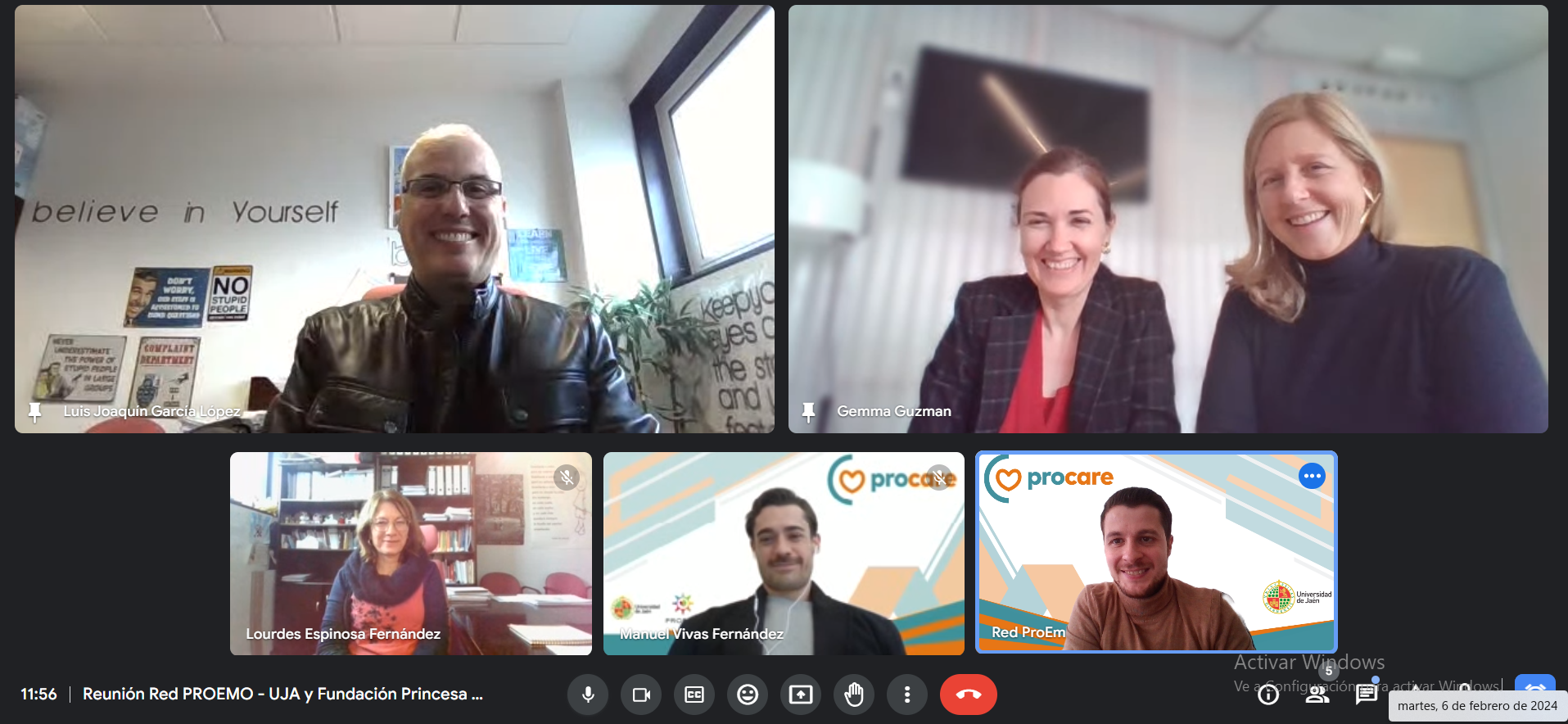The space ‘Campus: Panel de Expert@s’ of UniRadio Jaén had last week as guests two of the components of the projects ‘Daremos’ and ‘Procare’, whose responsible researcher is the professor of the University of Jaén Luis Joaquín García López. Specifically, Manuel Vivas Fernández and Eva Mª Parras Blanca, both graduates in Psychology and in the Master’s Degree in General Health Psychology and collaborators of the PROEMA Network, participated in the program.

Daremos’ and ‘Procare’ share the common objective of detecting adolescents at high risk of emotional problems. Both initiatives were born from the hand of experts in Psychology and Linguistics, according to Manuel Vivas, “attending to what is a need in adolescents: the need for help that allows them to grow and become adults with good emotional health”.
Eva Mª Parras assured that the circumstances of Covid-19 have aggravated the situation of adolescents at emotional risk, given that current circumstances have drastically altered their routine and their ways of relating to each other, making it a priority to pay attention to their needs. In this sense, Manuel Vivas added that “adolescence is a vital stage for creating the Self”, referring to how young people mold their personality by comparing themselves with others, with social relationships being a need that sometimes increases their worries.
Likewise, the expert Manuel Vivas assured that there is no one model of vulnerable adolescent, so everyone must be treated with the same effort and in an individualized manner. The project collaborator indicated that “the percentage of adolescents who show their situation of vulnerability is minimal”, so it is not immediately or directly perceptible who needs more attention and who needs less.
Vivas Fernández explained to the microphones of UniRadio Jaén that the projects consist of three phases: firstly, contact with the centers to provide information to parents and students; secondly, individualized and separate interviews with the parents and students themselves (also, as far as possible, urging them to collaborate with the epigenetic part of the project, by means of a saliva sample) and, depending on the results obtained, the design of improvement actions. Vivas also stressed the importance of parents knowing their children and being aware of their concerns, so that they can help them or, if required, seek professional support, since “parents have to be parents, not psychologists,” he added. In fact, the procedure is to first interview the adolescent and then the family to see if the parents are aware of their children’s concerns.
Both ‘Daremos’ and ‘Procare’ work with a wide network of centers, located in Jaén, Granada and Málaga, although, the guests pointed out, the way of relating with parents and students was undoubtedly more fluid and direct before the pandemic, since nowadays an online format has been adopted for the interviews.
In order to illustrate their words, the experts alluded to some types of questions that make up the interviews or surveys, related, among other issues, to anxiety, depression or abuse. Vivas and Parras emphasized that all the questions are scientifically validated and, therefore, are more than reliable in their application in different fields of psychology.
Finally, the guests spoke about the novelty that the use of linguistics brings to their research, based on the analysis and interpretation of anonymous audios from interviews with students. Thus, specific software is used to search for specific expressions or words that may indicate that an adolescent suffers from a mental disorder, and this makes it possible, on the one hand, to inform teachers and, on the other, the project collaborators so that greater attention can be paid to the particular case.
In conclusion, Manuel Vivas and Eva Parras warned about the current urgent situation of adolescents, stressing the importance of communication between children and parents, as well as the help of psychology professionals.


